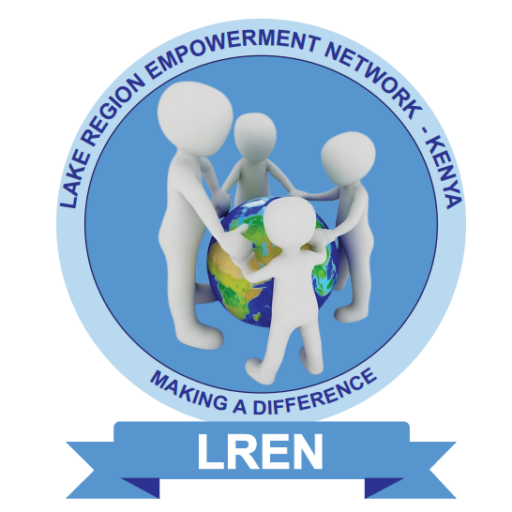
About LREN
Lake Region Empowerment Network (LREN) is a Non-Governmental Organization registered with the NGOs Board under Certificate NO. OP.218/051/18-009/10887 in 2018 in the Republic of Kenya.
Our mission is to work with stakeholders to improve the livelihoods of the people who live along the Kenyan shores of Lake Victoria. We do this through targeted interventions in healthcare, agriculture, education and other social sectors.
Lake Victoria is Africa’s largest lake, the world’s largest tropical lake and the second largest fresh water lake in the world. Despite favorable climatic and geographical conditions, the people living in the Lake Region are among the poorest in Kenya. LREN seeks to build synergies to address the underlying causes of poverty in this region.
We Are Committed to Empowering the Youth
Improved Healthcare
Agribusiness Incubation
Environmental Protection
What We Offer?
Agriculture is a key sector of the Kenyan
economy and employs the largest number of Kenyans in a single sector.
Statistics indicate that the agricultural sector directly accounts for about 26
per cent of Kenya’s GDP, accounts
for 65 per cent of Kenya’s total exports, 18 per cent of formal employment and 60 per cent of informal employment.
The Lake region has favorable environmental features of arable land, good
soil, and consistent water supply from rain as well as several rivers and
lakes. These features have formed the foundation on which residents have relied for generations. In the past these features were adequate to ensure the food
security of the region. However, over the past 50 years, Kenya’s population,
and that of the Lake Basin region in particular, has grown to a point where
existing farming practices and food supply chains do not meet current food
security needs.

